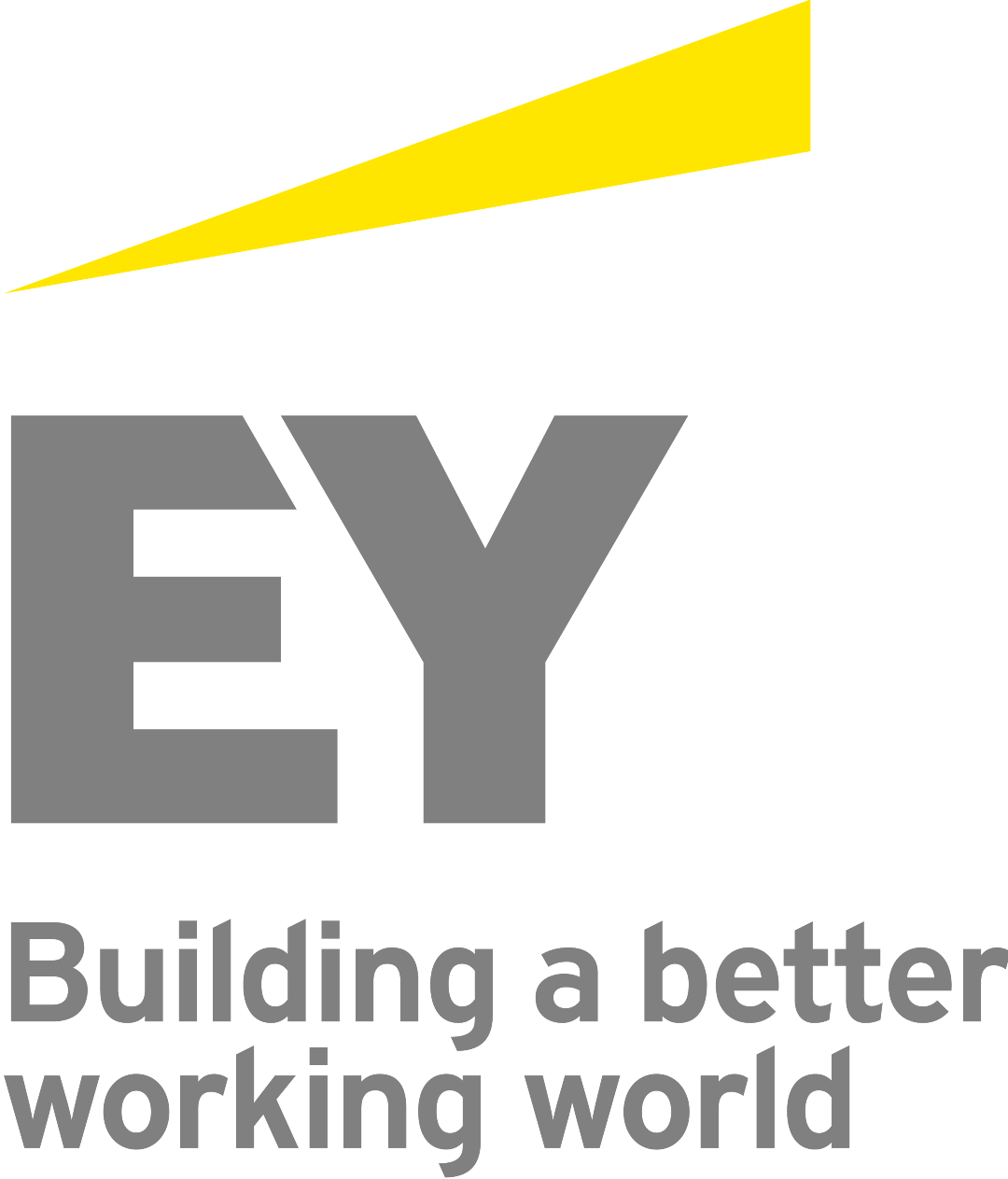Pay and flexibility prolong workplace tensions as a quarter of Canadians likely to switch jobs
- Attracting (36%) and retaining (32%) talent are top priorities for employers
- 45% of workers who are traditionally based in an office setting prefer to be fully remote
- Only 22% of employers plan to provide training on GenAI-related skills
TORONTO, Oct. 12, 2023 /CNW/ - A quarter of Canadian employees are likely to quit their job in the next 12 months, with Gen Z and millennials the most likely to leave, according to the EY 2023 Work Reimagined Survey.
While attracting and recruiting talent remain top priorities for Canadian companies, the survey reveals a disconnect between employee and employer expectations and motivations. A majority (57%) of employers believe that slowing economic growth is reducing employees' likelihood to quit, while less than half of employees agree. At the same time, pay remains a top concern for 40% of Canadian employees, but falls to third place on the list of employer concerns.
"Employers are at risk of underestimating the fluidity of the labor market, but with the right strategies in place, organizations can preserve their talent and ultimately build trust," explains Danielle Laramée, People Advisory Services Leader at EY Canada. "This starts by providing total rewards that reflect employees' changing priorities, taking into account factors like the upskilling needed to succeed in a world of continued work flexibility."
Employers also risk overestimating the sway of flexibility as an incentive to attract new talent. According to the findings, 85% of employers believe that offering flexibility will positively impact their ability to recruit talent, but only 62% of employees agree.
"With inflation on the rise, it's no surprise that higher pay is now the biggest motivation for changing jobs, particularly given that most Canadians are already working for companies that offer flexibility in some form," explains Darryl Wright, Partner, People Advisory Services at EY Canada. "But while over a third of workers want to be fully remote, there's still a large proportion of employers (56%) that want their staff to be in the office two to three days per week – and that divide needs to be addressed with considerations around how businesses reshape the in-office experience."
While generative artificial intelligence's (GenAI) potential is still being realized, there is growing momentum and a generally positive outlook on how the technology will impact new ways of working, with 42% of employees anticipating GenAI will improve flexibility and 84% of employers currently using or planning to use the GenAI within the next 12 months.
Despite both employees and employers ranking "learning and skills" as one of the top factors to ensure employees thrive in new ways of working, only 22% of employers plan to provide training on GenAI-related skills, leaving a clear gap between employers' and employees' expectations around the future of work. The survey finds that while three quarters of employers agree managers and leadership are aligned on new ways of working (e.g., learning, work scheduling, remote and hybrid work), only 52% of employees agree.
"Technology won't completely upend the structural talent issues facing employers, but to fully benefit from new tools, the workforce needs to be trained and empowered to reimagine work in a way that embraces new capabilities and still keeps humans at the center," suggests Wright.
EY exists to build a better working world, helping create long-term value for clients, people and society and build trust in the capital markets. Enabled by data and technology, diverse EY teams in over 150 countries provide trust through assurance and help clients grow, transform and operate. Working across assurance, consulting, law, strategy, tax and transactions, EY teams ask better questions to find new answers for the complex issues facing our world today.
EY refers to the global organization, and may refer to one or more of the member firms of Ernst & Young Global Limited, each of which is a separate legal entity. Ernst & Young Global Limited, a UK company limited by guarantee, does not provide services to clients. Information about how EY collects and uses personal data and a description of the rights individuals have under data protection legislation is available via ey.com/privacy. EY member firms do not practice law where prohibited by local laws. For more information about our organization, please visit ey.com. Follow us on Twitter @EYCanada.
This news release has been issued by Ernst & Young LLP.
SOURCE EY (Ernst & Young)

Dina Elshurafa, [email protected], 519 697 2694

Share this article